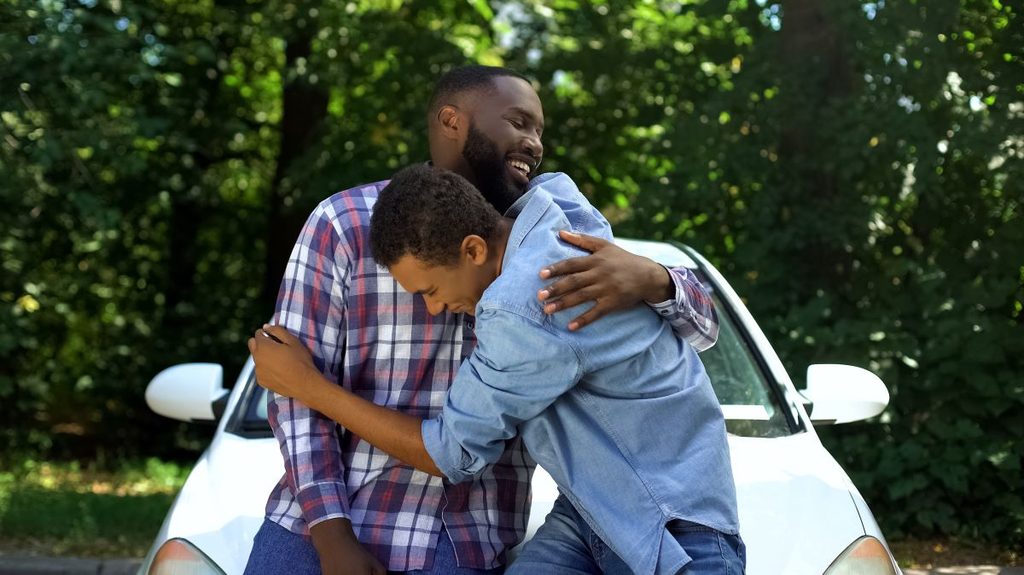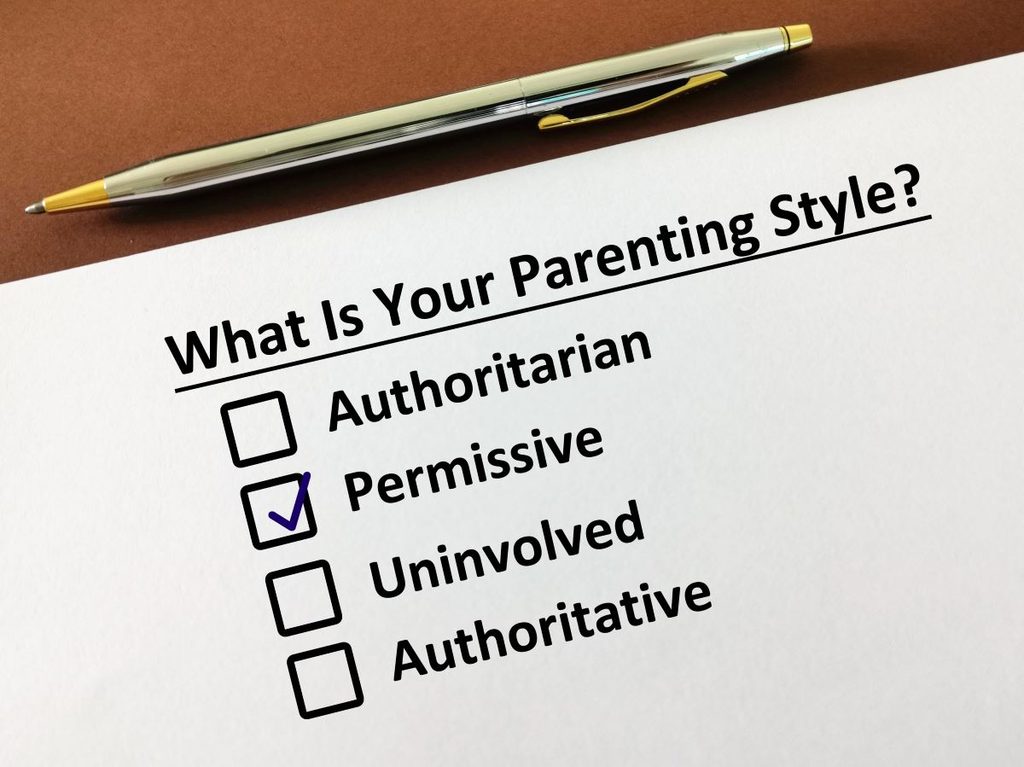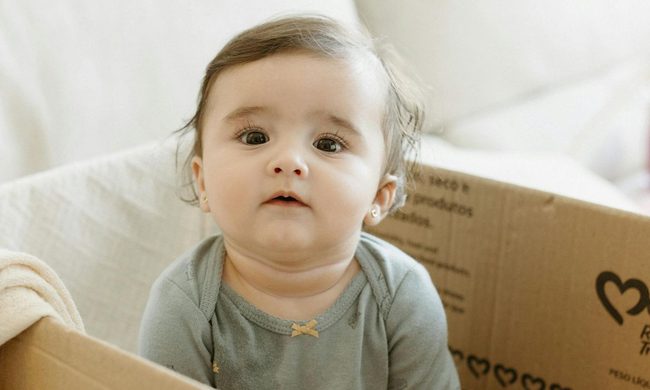Parenting and parenting styles have evolved over the years, and with it comes much controversy. Everyone has an opinion on the best way to rear children, with many being critical of styles that are opposite of their own choices. ABC’s The Parent Test has put parenting styles under a microscope in a new reality show focusing on 12 families with different ways of parenting their children. Critiquing parenting styles is not a new thing, though. American psychologist Diana Baumrind studied parenting styles in the late 60s. Baumrind identified three main parenting styles: permissive, authoritarian, and authoritative. She also studied each one’s impact on children.
In the ’80s, Eleanor Maccoby and John Martin added a fourth parenting style — uninvolved or neglectful. What exactly is permissive parenting, and is it right for you? Let’s take a look at permissive parenting, as well as the other parenting styles considered the norm.
What is permissive parenting?

Baumrind defined a permissive parenting style as one in which the parents are loving, attentive, and lenient. Kids growing up in permissive parenting environments typically don’t have boundaries, rules, or consequences. Permissive parenting is sometimes referred to as a passive or indulgent style of parenting, where the support is high and the demands are minimal.
New parenting style labels like helicopter and overprotective have cropped up over the years. They’re thought to be offshoots of the other main parenting styles identified by Baumrind and later Maccoby and Martin.
Authoritarian
The authoritarian style involves severe verbal punishment and setting extremely strict boundaries. Parents also ignore the child’s perspective and even go so far as to berate the kid for expressing an opinion or not following a rule. The commonly used explanation for imposing a negative consequence is “because I told you so” without any clarification.
Authoritative
Not to be confused with the previously mentioned style, the authoritative style relates to setting clearly defined boundaries and having appropriate expectations while recognizing that the child may not have the emotional tools to deal with some situations and will need guidance. However, the authoritative parent also gives the child, depending on age, enough space to make mistakes and to learn from them. This parent also praises a child’s good behavior and has a tendency to listen to the child’s perspective as much as offer advice.
Uninvolved
While permissive parenting is unstructured with children having little if any boundaries, the parents are thought to be highly responsive. Uninvolved parenting also lacks boundaries, but the parents are not responsive, meaning they don’t have much interaction with their kids. Children with uninvolved parents are often on their own a great deal and lack supervision.
Is permissive parenting right for you?

The authoritative style is a popular one with psychologists and psychiatrists since it sets boundaries while still allowing children to have a say and make mistakes. Permissive parenting and authoritarian are on opposite sides of the parenting spectrum.
Children coming from permissive parenting environments often get the label of being spoiled. While agreeing to disagree about permissive parenting might be expected when discussing the role of rules and discipline, a person would have to look at many factors that affect parenting styles when deciding on what works in their family. When exploring permissive parenting, it helps to clarify the pros and cons to determine if you and your children are on a good path toward success and healthy relationships.
What is an example of permissive parenting?

Real-world situations that exemplify permissive parenting include not setting ground rules or giving out consequences for certain behaviors. For example, a parent asks the child to clean their room, but only when it’s convenient for that child. In another scenario, a parent won’t set a bedtime for school nights even when the children have to get up early to get ready and have breakfast before leaving.
A permissive parent won’t set time limits on screen time, allowing kids to play video games or be on their devices at all hours of the day and night. Other illustrations of permissive parenting involve the parent always sacrificing for the child’s sake. For instance, this person never rests because the child is staying up late, or the parent allows the child to constantly interrupt a conversation with another adult.
Why is permissive parenting good?

As Dr. Gwen Dewar notes in her article in Parenting Science, researchers Garcia and Gracia conducted a survey among 1416 adolescents aged 12 to 17. They inquired about parental strictness with the participants responding to statements such as “My parents give me certain jobs to do and will not let me do anything else until they are done” and “My parents make sure I know exactly what I can and cannot do.” The parents were categorized as authoritative if the teens agreed with these statements and permissive if their kids disagreed. The results showed positive outcomes for the teens whose parents were less strict, which included:
- Strong academic achievement
- Close social connections
- Avoidance of substance abuse or risky behavior
When looking further at factors that affected the results, Garcia and Gracia concluded that the culture and social norms of a region had a lot of bearing on child-rearing. For instance, in Spain, where the study took place, the norm is to place the good of the community above oneself. In this environment, according to Garcia, et al, permissive parenting with some degree of guidance and boundaries for the children proves to be the ideal style.
Is permissive parenting abuse?

In the legal sense, according to HG.org, permissive parenting doesn’t fit the description of abuse. Basic needs aren’t being denied, which eliminates the offense of neglect. However, if a permissive parent allows a teen to drink alcohol, even at home, this parent runs the risk of being charged with contributing to the delinquency of a minor.
On the other hand, if parents allow that same teen to drive without a license, then the minor, not the adults, would receive a penalty depending on the state in which they reside. So, while this parenting style doesn’t necessarily constitute the definition of abuse, to some extent, allowing a child or teen to do something illegal could have unintended consequences.
Is being a permissive parent being a bad parent?
Since permissive parents don’t set clear boundaries, kids growing up in that environment often have difficulty following rules and with authority in general. A permissive household may also make kids more egocentric and impulsive. While these are certainly drawbacks, the other part of permissive parenting, where parents consider the needs and opinions of the child, is certainly positive.
How to choose the parenting style that’s right for you

How to parent your child is a personal decision that is often a reflection of the parent’s values, beliefs, and the unique needs of the child. Once you understand the four main styles of parenting that we detailed above, consider what resonates with your own upbringing and how those experiences shape your approach. This can also apply if you had an unhappy childhood.
If one of these styles of parenting was detrimental to your experience as a youth, you may want to stay away from that with your own child. Ensure you and your partner or co-parent communicate openly about the style of parenting you agree on so you’re on the same page. Once you decide on a method of parenting, make sure you remain flexible. Parenting is a journey, and adapting your style as your child grows and circumstances change can lead to more effective and harmonious parenting.
No two parenting styles are alike, though some might seem to have similarities. Likewise, the definition of permissive most likely differs among parents using the style to raise their children. Regardless of whether you lean more toward permissive parenting or not, being patient and willing to listen while keeping the lines of communication open will always benefit your child. In the end, the best style of parenting may in fact involve a mixture of the three first identified and studied by Baumrind.





